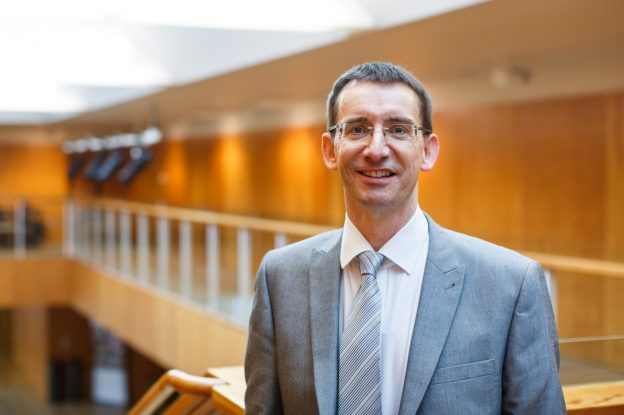From Professor Jeremy Carrette | Dean for Europe
The University of Kent has a long history of delivering postgraduate courses in continental Europe, beginning with the Brussels School of International Studies in 1998. While the University has many partnerships throughout Europe, the Brussels School and the Paris School of Arts and Culture, which opened in 2010, are key parts of our new Kent in Europe strategy to offer specialist postgraduate teaching in Europe.
The University of Kent European schools provide unique opportunities for students to gain international educational experience in locations relevant to the subject. They are recognized as examples of excellence in transnational education and are a key part of our new Global Engagement Strategy; being led by the new EG lead for global engagement, Professor Richard Reece.
In order to strengthen the Brussels and Paris Schools for the future, the University has agreed that the schools will be most effectively managed from September 2023 inside our new Divisional structures. This will enable a closer alignment of academic activities and an integration of the professional service teams to allow better support for staff and students. It will also mean that students in Brussels and Paris will have a deeper link to the University and its resources and provide Divisions with a stronger international outreach and recruitment opportunity. It will also enable the University to provide a clearer and more efficient central service support for the Divisions in their management of the Brussels and Paris Schools.
While the academic subjects are already integrated into Divisions, from September 2023 the Divisional links will be enhanced by linking professional service teams into the Divisions. HSS will manage – with the appropriate links to LSSJ and any other subject areas – the Brussels School of International Studies, and A&H will managed the Paris School of Arts and Culture. There will be a period of transition in the next academic year 2022-2023 to allow the most effective integration.
This integration will enable the Divisions to establish a stronger sense of ownership and have a clarity of operation in Europe for both teaching and research links in the cities of Brussels and Paris. It is hoped that this new structure will make the European schools more agile in responding to the new demands of global education. It will allow more effective management and provide an operational framework for other subjects in the University to benefit from European links and subject delivery through the new structures should they wish to explore these options.
In the increasing challenging world of global education, this new organizational structure of our European Schools signals how they remain a vital part of our vision for the future.
